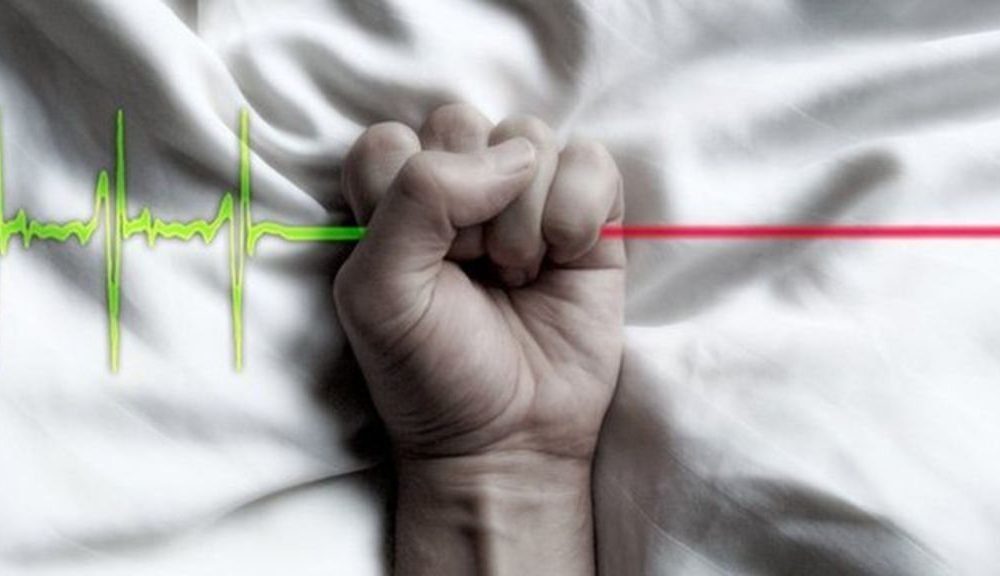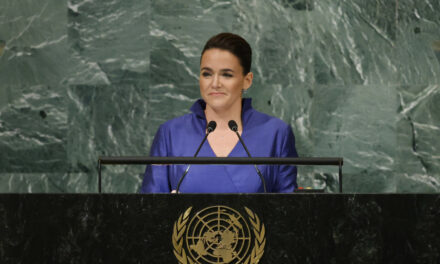A Canadian activist sent a chilling warning to the Hungarians: allowing euthanasia would have unforeseeable consequences. According to his description, the dramatic data speak for themselves.
Canadian pro-life activist Amanda Achtman in Axióman : don't even think of allowing euthanasia!
The article describes what happened after Canada legalized the practice in 2016. In seven years, the number of legal suicides has increased so much that they now account for 4.1% of all deaths, and
it became the fifth most common death in the country.
There are no limits
According to the activist, one of the most fundamental problems with euthanasia is that it cannot be limited. At first, it was only allowed for those whose death was, so to speak, "reasonably foreseeable". A new category was soon created for those who are in great pain but not dying.
After that, a new category was created: it was also possible for those who suffer from mental pain, not physical pain, to submit a claim. According to Achtman, the Canadian government did all this in the name of misconstrued equality.
As long as euthanasia is considered an acceptable solution to suffering, the range of eligible persons cannot be limited"
- notes the author, who believes that precisely for this reason, some people would make the exercise available to children as well.
Let's call a spade a spade!
Amanda Achtman argues that euthanasia is actually "complicit suicide". The author points out: just because they try to hide the meaning behind medical terms, the essence does not change.
Another argument the author makes against licensing is that euthanasia
it declares the lives of people with disabilities worthless.
Achtman describes that there have been several cases where disabled Canadians have reported being almost forced to consider euthanasia.
The article explains that the state's obligation for doctors to offer euthanasia as a possible option to all "eligible" patients has had a negative impact on the doctor-patient relationship.
The author recommends alternative measures instead of introducing the practice.
First of all: those in vulnerable situations must be supported. Second, more must be done to prevent suicides. Third: people with disabilities must be integrated. Fourth: it is necessary to insist that doctors focus on healing. Finally, Achtman advises that everyone should have a greater appreciation for people who suffer and those who care for those who suffer.
The full article can be read here.
Featured image: BBC













